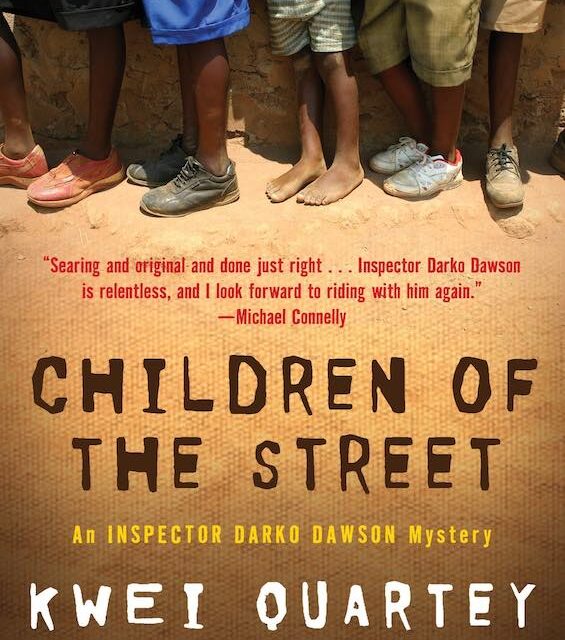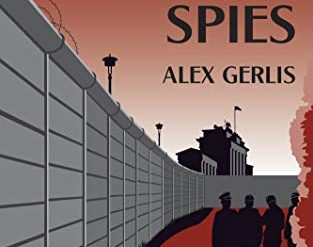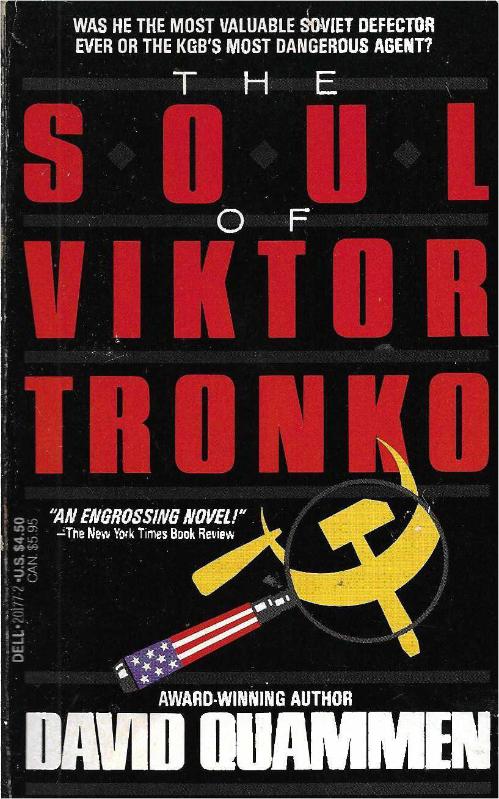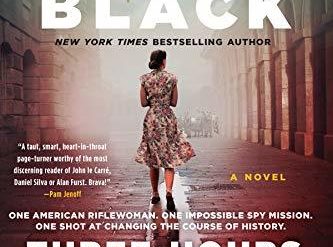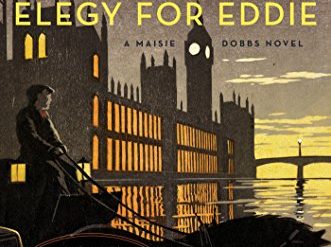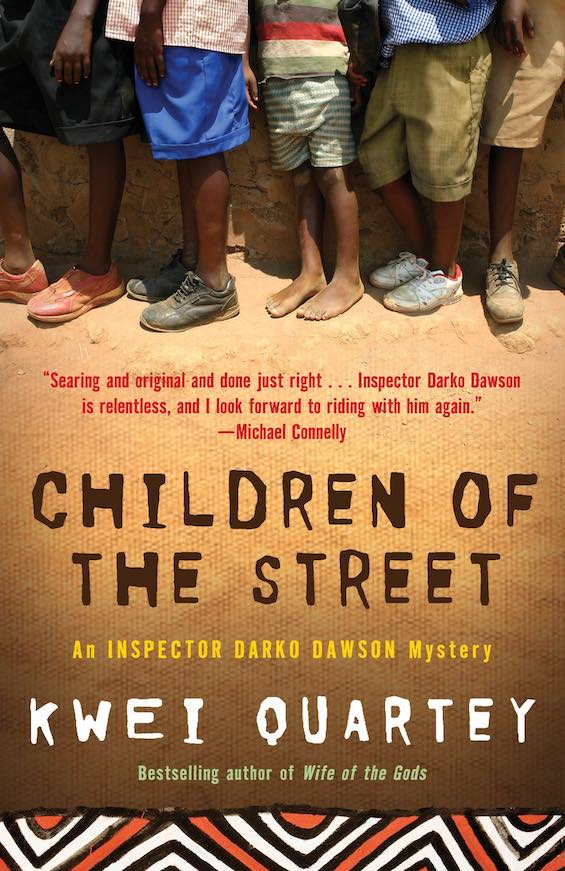
Estimated reading time: 6 minutes
We Americans have come to regard the growing homeless population on the streets of our cities as a crisis. After all, “There are an estimated 553,742 people in the United States experiencing homelessness on a given night,” according to the National Alliance to End Homelessness. Without question, this is indeed a crisis for American democracy. But homelessness is a global reality. According to the best estimate, some 150 million people are homeless around the world. The challenge is greatest in Pakistan, with an estimated 20 million homeless, and Egypt, with 12 million. But it’s difficult to travel to a city of any appreciable size anywhere on the planet without encountering people sleeping on the street. As Kwei Quartey reveals in his outstanding African police procedural, Children of the Street, some 60,000 children live on the streets of Accra, a city of just 2.6 million that is Ghana’s capital.
A serial killer is targeting street children
Darko Dawson and his sergeant are called out to the scene when the body of a 16-year-old boy is found lying in filth near the Korle Lagoon off Ghana’s coast. Dawson is a detective inspector with the Criminal Investigation Department Homicide Division. And despite the hasty conclusion of the constables on the scene to the contrary, this is indeed murder. The killer has mutilated the body in a particularly gruesome manner. And as Dawson and his superiors will soon learn, this is but the first of a string of similar murders. A serial killer is loose, preying on Accra’s street children.
Children of the Street (Darko Dawson #2) by Kwei Quartey (2011) 342 pages ★★★★★
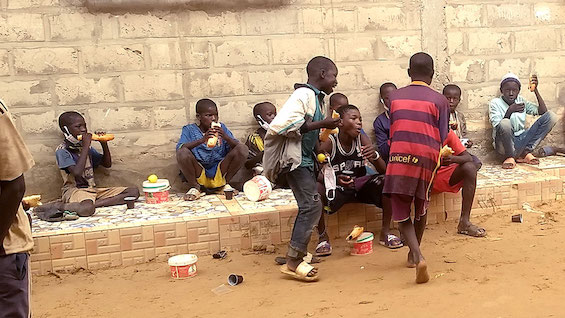
Darko Dawson is no superhero
Little shocks Darko Dawson. But the murders of these children strike home to him in personal way. He is the father of a seven-year-old son who suffers from congenital heart disease. Darko and his wife, Christine, dote on the boy. But neither of them makes enough money to cover the enormous cost of the cardiac operation Hosiah desperately needs. While Dawson pursues the serial killer with increasing urgency, he and Christine nonetheless explore every conceivable avenue to obtain the necessary care for their son. Meanwhile, Dawson struggles to overcome his own shortcomings. He is impulsive and possesses an explosive temper which sometimes erupts in violence. And he has a deep-seated weakness for marijuana, which is illegal in Ghana. He finds the opportunity to smoke “wee” a daily challenge.
A revealing police procedural
Children of the Street is a police procedural. In the telling, Kwartey explores the reality of Accra’s police department—and it’s not a pretty picture. The department is rife with corruption and nepotism. Dawson’s own sergeant, Chikata, obtained his job because his uncle is chief superintendent of police (“chief supol,” in the jargon of the place). But the problem isn’t limited to nepotism. Incompetence takes a toll, too. “More often than not, the receptionists did not take a message, verbal or written, nor did they pass it on.” And the facilities available to the department are limited at best:
- “Many of CID’s computers were old, burned-out fixtures.”
- The “new DNA center . . . was of limited capacity. Many of its samples still had to be sent out for analysis in South African labs and at the University of Southern California—a costly and time-consuming exercise.”
- And “the country’s reputed emergency numbers 1-9-1 and 1-9-2 could be so unreliable that it was sometimes more effective to call a radio station, which would then broadcast the emergency in the hope that the appropriate personnel were listening.”
A glimpse at Africa’s diversity
Americans in general know little about Africa. For starters, we’re often astonished to learn how big Africa really is. It’s nearly twice the size of Russia, which is far and away the largest nation on Earth. The continent’s population of 1.37 billion people is comparable in size to that of India and China. Fifty-four nations occupy this vast territory. Ghana, located on the west coast fronting the Bay of Guinea, is one of the continent’s smaller countries. But it is by no means small. It covers 92,000 square miles. Ghana is larger than the state of Minnesota, the 12th largest state in the USA. Nearly 31 million people live there. Accra’s population of 2.6 million isn’t large by American standards, and certainly not by Chinese or Indian, but it’s hardly a small town.
We Americans also underestimate Africa’s astounding diversity. In Ghana alone, the people speak some 80 languages. The government “sponsors” 13 of them—and these are not dialects but mutually unintelligible languages. French and English are also widely spoken.
About the author
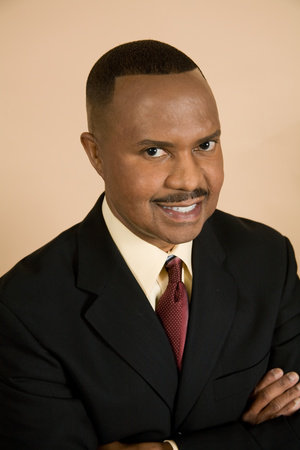
Kwei Quartey is a retired physician who turned to writing full-time after two decades practicing medicine in California. He specialized in urgent care and no doubt encountered street children here in his practice. Children of the Street is the second of the eight detective novels he has written to date. Five of the books constitute the Darko Dawson series, three in the more recent Emma Djan series. His books have won both critical attention and a growing audience. He is Ghanaian-American and, as he reveals in the acknowledgments, he spent considerable time in Ghana researching this novel. Dr. Quartey studied medicine at Howard University in Washington, DC.
For related reading
I’ve also reviewed five other mystery novels by the author:
- The Missing American – Emma Djan #1 (A nitty-gritty view of Ghana today in this inventive detective novel)
- Sleep Well, My Lady – Emma Djan #2 (The truth lies undercover in this Ghana murder mystery)
- Last Seen in Lapaz – Emma Djan #3 (A missing woman, a murder, and a young PI)
- Wife of the Gods – Darko Dawson #1 (A fetish priest, an herbal healer, and a murdered AIDS outreach worker)
- Murder at Cape Three Points (Darko Dawson #3) (A captivating murder mystery set in Ghana)
For other excellent mysteries and thrillers set in contemporary Africa, see:
- The Death of Rex Nhongo by C. B. George – A satisfying thriller set in Zimbabwe
- The Hairdresser of Harare by Tendai Huchu – Zimbabwe through the eyes of a single mother
- My Sister the Serial Killer by Oyinkan Braithwaite – Two Nigerian sisters and three murders
- The Night Ranger (John Wells #7) by Alex Berenson – An outstanding thriller set amid the refugee crisis in Kenya and Somalia
Check out 20 top books about Africa, including both fiction and nonfiction.
You might also enjoy my posts:
- Top 10 mystery and thriller series
- 20 excellent standalone mysteries and thrillers
- 5 top novels about private detectives
- 30 outstanding detective series from around the world
- Top 20 suspenseful detective novels
And you can always find my most popular reviews, and the most recent ones, on the Home Page.

